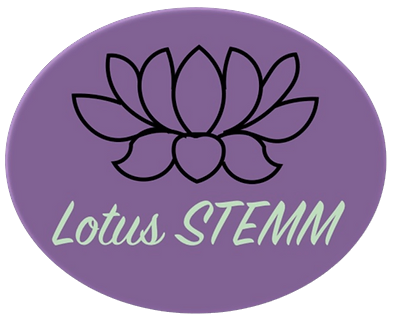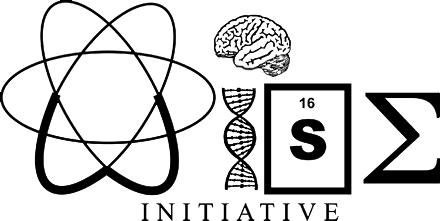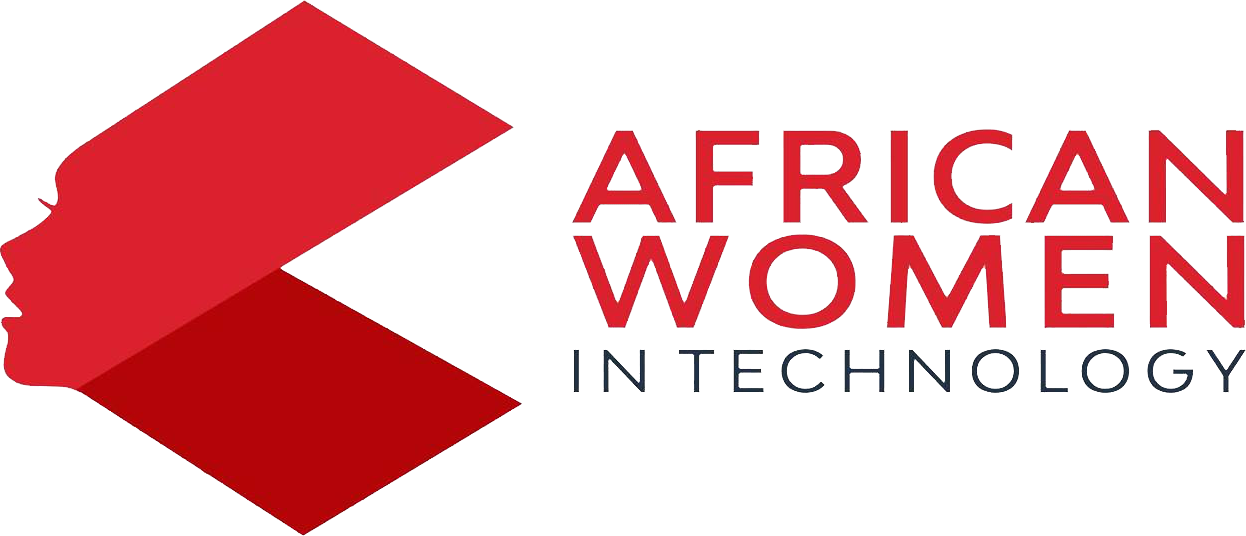A Bright Future
As our world becomes more technologically integrated, the demand for experts and innovators in STEMM fields is on the rise. According to the UN, by 2050, 75% of jobs will be related to STEMM areas.
However, STEMM professions are still heavily male-dominated. Women make up less than one-quarter of the people employed in STEMM careers, with this gap being particularly high in some of the fastest growing and highest paid jobs.
The importance of gender diversity in the workplace is a well-published and research-based fact. Organizations know that bringing different perspectives, interpretations, and ideas to a challenge can only yield greater innovation. Removing the barriers which prevent women and girls from pursuing and succeeding in STEMM careers not only helps to narrow the gender pay-gap and strengthen women’s economic security, but also addresses a serious skill shortage across STEMM, thereby unlocking the innovation potential needed to solve some of the world’s most complex problems.
Building the next generation of female STEMM talent requires change on many levels. Although this undertaking is complex, thankfully, the outlook is bright. There are many organizations, programs and individuals working to close the gender gap and make a difference by creating the change they want to see.
On this international Women’s Day, we would like to highlight the work being done by three amazing women “Allartans” to support the next generation of STEMM talent.
Roopali Chaudhary, PhD
Senior Scientist, Cell Biology, Allarta Life Science
Founder, CEO and Lead Researcher at Lotus STEMM
Roopali is a scientist, teacher, mentor, and a proud advocate for South Asian Women in STEMM.
Lotus STEMM is a grassroots Not-For-Profit Organization aimed at creating a community for South Asian women in Science, Technology, Engineering, Mathematics and Medicine (STEMM). While South Asian women represent a significant number of jobs in these fields and play important roles in their respective communities, Lotus STEMM wants to further increase visibility for South Asian women to inspire the next generation and garner representation in a greater variety of roles. Lotus STEMM is also working to understand how the two parts of our lives, career and personal, intertwine to foster learning and growth opportunities across each part.
Juliet Daniel, PhD
Board Member, Allarta Life Science
Associate Dean of Research & External Relations, Faculty of Science, McMaster University
Juliet is a globally recognized cancer biologist, and community advocate based in Hamilton, Ontario Canada.
In addition to her academic and research responsibilities, Juliet is a faculty mentor for student members of Women in Science & Engineering (WISE) and Black Aspiring Physicians of McMaster (BAP-MAC). She co-founded the Canadian Black Scientists Network (CBSN), a national coalition of black individuals in STEMM working to Elevate, Make Visible, Celebrate and Connect Black Canadians pursuing or possessing advanced degrees in STEMM, and the African Caribbean Faculty Association of McMaster (ACFAM), a University organization working in part to raise awareness about the shortage of Black academics at McMaster and other Canadian universities, in addition to mentoring and supporting Black undergraduate and graduate students at McMaster.
Nadia Albana, PhD, MBA
Senior Director, Product and Business Development, Allarta Life Science
Nadia is a thoughtful leader who collaborates with several non-profit organizations to support the development of the next-generation of women innovators and entrepreneurs in STEMM.
As a mentor at Science to Business (S2BN), Nadia has helped several PhD graduates in their professional development in the Canadian biotech industry. Nadia also collaborates with a US-based non-for-profit, African Women in Tech, an organization making strides to support female entrepreneurs with training and workshops in a variety of African countries.
To underscore the importance of the work of these three women and their affiliated organizations around visibility and mentorship, we offer the following:
The Redraw the Balance project in London shows that gender stereotypes are defined between the age of 5-7 years old. When children were asked to draw pictures of people who did different STEMM jobs, 92% of the images depicted a man.
A Microsoft study found that of the middle school girls in the United States who know a woman in STEMM, 73% say they understand the relevance of STEMM and 72% say they know how to pursue a career in STEMM.




